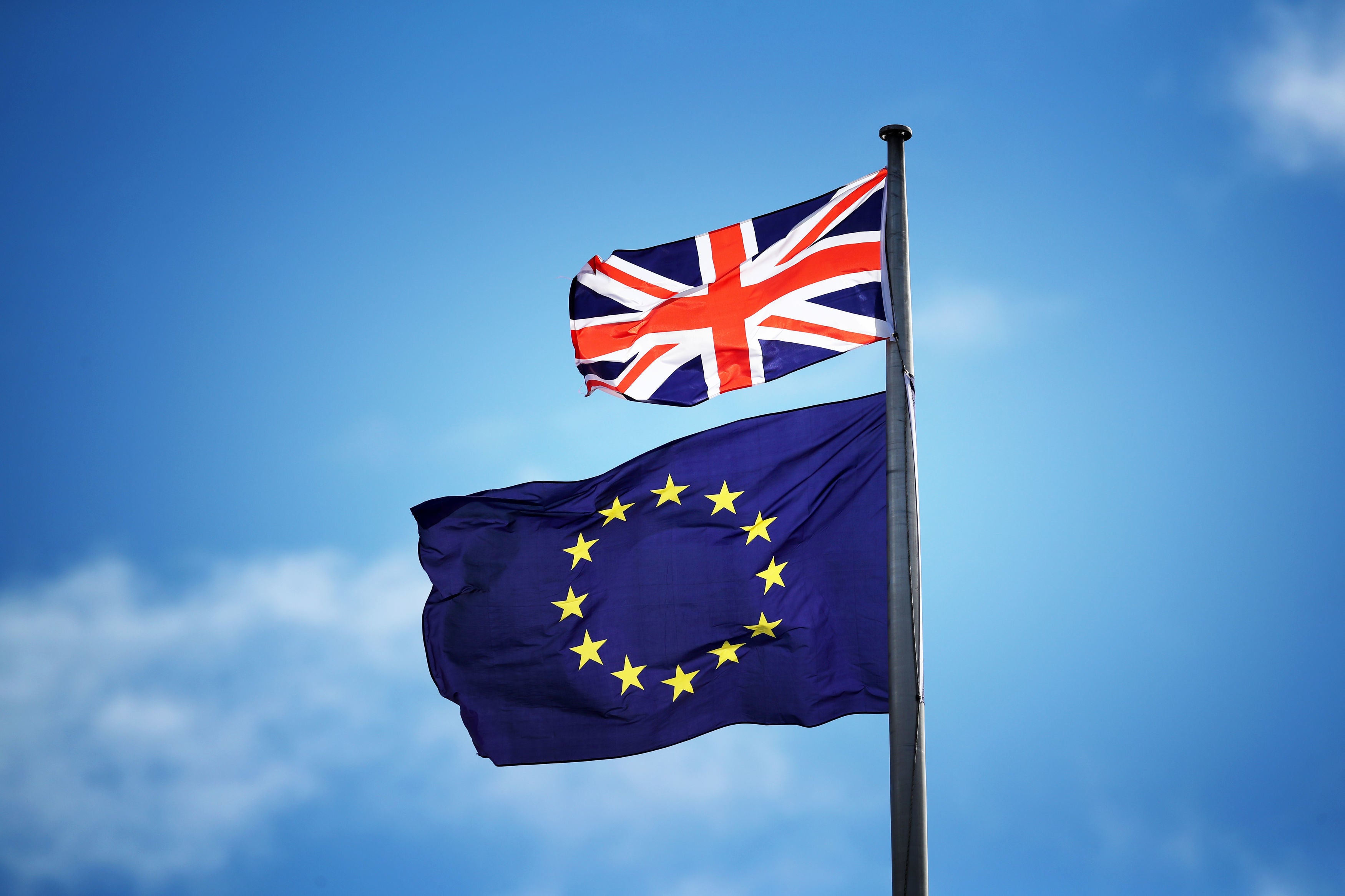Why Brexit could still influence the next election
Despite the disappointments of Brexit, opinion hasn’t moved a great deal on the question of EU membership – but that doesn’t help the Tories, writes Sean O'Grady


Politics is very often about the mood music, about general impressions and the news flow. On the whole, people take an interest in it as far as it affects their own wellbeing, along with that of their neighbourhood or indeed the country; but they usually don’t obsess about it, outside of pandemics or wars.
In recent months, rows about the Northern Ireland protocol have dominated the headlines on Brexit, along with worrying economic data. The latest to emerge comes from an assessment carried out by the London School of Economics and think tank the Resolution Foundation. It concludes: “Brexit has had a more diffuse impact by reducing the UK’s competitiveness and openness to trade with a wider range of countries. This will ultimately reduce productivity, and workers’ real wages too.” Jargon, but the basic message is that Brexit is making many people poorer.
So, roughly six years after the EU referendum, and coming up to three years after Boris Johnson became prime minister, how’s Brexit going, do we think?
Leaving aside the actual (and usually still disputed) facts, the public don’t seem all that impressed. Asked if they think, with hindsight, that it was right or wrong for Britain to vote for Brexit, about 43 per cent think it was right, and 57 per cent wrong (leaving aside some 13 per cent who said they didn’t know).
The trend has been generally against Brexit since about a year ago, perhaps because of the enthusiasm for the UK vaccine rollout, which was faster than that achieved by the European Medicines Agency; the high point in support for Leave post-Brexit was in March 2020, when the treaties were formally ratified and Brexit got “done” (arguably). Some will have been disappointed by what has happened on migration – in both directions – since we left.
Although they tend not to get much attention, a series of serious economic assessments have added to the sense of “buyer’s remorse” by confirming that national income – directly related to living standards – is lower than it would probably have been had the UK voted Remain. In particular, and entirely plausibly, business confidence and investment is well below trend, and was before the pandemic hit – a big drag on raising productivity.
Labour shortages, in part due to Brexit, have made economic life harder, as have more complicated export procedures and slower supply chains going in and out of the UK, and these extra costs and secondary shortages have contributed to the spike in inflation. Obviously the after-effects of the pandemic and the war in Ukraine have added greatly to these pressures, but the good news flow around Brexit seems less prominent, given some of the high hopes on “independence day” in 2016.
Aside from the economics, there is nothing but Brexity trouble and strife emanating from Northern Ireland, and a sense that Brexit is helping Nicola Sturgeon win the separatist argument in Scotland (which ironically deploys many of the same “take back control” arguments used by Leave campaigners in 2016).
Of course, this sense of disquiet, or even malaise, is not the same as wanting to rejoin the European Union on unknown and unknowable terms. Not that there seems much point, but YouGov sometimes asks if the UK should join the EU or stay out, and last month the answer was 41 per cent in favour of joining, and 38 per cent in favour of staying out (with “don’t know” at 18 per cent). Taking out the don’t knows, that gives a 52-48 split in favour of joining the EU.
What this proves is that opinions, often passionately held, haven’t moved that much in regard to Brexit since 2016, compared with what is clearly a significant feeling of dissatisfaction about how it turned out – the “not the Brexit we voted for” sentiment. It also indicates that the Remain voters haven't been convinced about the merits of Brexit, and aren't ready to “move on” and back Brexit or Johnson.
Polling guru John Curtice wrote in March: “While many of those Leave voters who would like to rejoin the EU have now come to a different view about the consequences of being outside the EU, many of the Remain supporters who now say that the UK should stay out are doing so despite still taking a relatively negative view of the consequences”, adding that “their support for staying out represents more of an acceptance of a fait accompli than an endorsement of the decision to leave”.
It could well be that the very thought of having another referendum (presumably) to join the EU, about a decade after the first, and all the associated traumas it would bring with it, means that those who think Brexit was a flop still hesitate about the idea of trying to reverse it.
Not that any of that helps Johnson much. Provided the voters don’t think Labour would try to reverse Brexit, they are free to blame the prime minister for what they consider a less than glowing outcome compared with the promises – his promises – of 2016. This goes for disappointed Farageistes as well as “Remoaners”.
Brexit and Johnson are inextricably linked, which was a great bonus in the 2019 election, when he could unite most of the Leave vote behind his party, in contrast with the fracturing of the Remain sympathisers between Labour, the Liberal Democrats, the Greens and the Scottish Nationalists, with little tactical voting to counter that division. Next time will be different.





Join our commenting forum
Join thought-provoking conversations, follow other Independent readers and see their replies
Comments